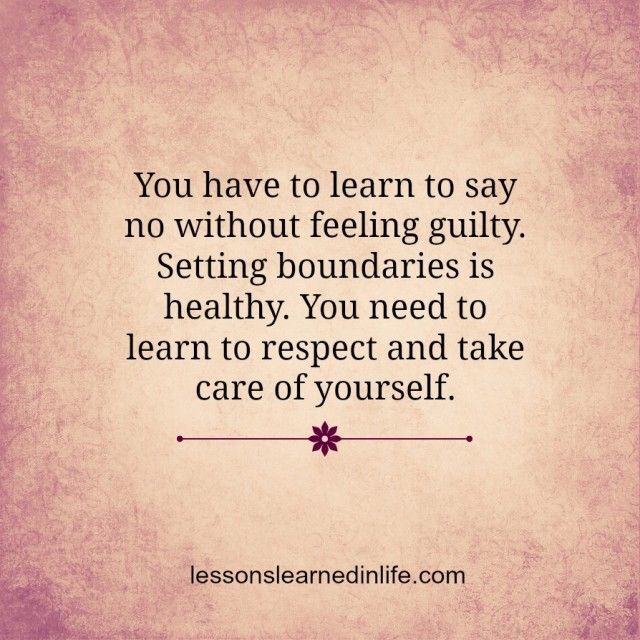“No” is such a small word and yet so hard to say.
Often we don’t want to say no, even when that’s the right thing to do, because we don’t want to risk appearing incapable, unappreciative, or disrespectful. We don’t always act as we even know that we should. Many people place more value on what others think of them rather than on what they think of themselves. Their need to please others or be perceived as ___ [fill in the blank: wonderful, helpful, nice, caring, available, a doer, etc.] is so strong that it can negatively impact their own needs, lessen their sense of self-value, and diminish their quality of life. If you, like many people, are more concerned about pleasing others than doing what’s best for yourself, it’s time to change!
If you consider what others think of you to be more important than what you think of yourself, you are likely to take on more than you want or can handle. In an attempt to please, you might accept too many responsibilities and become overwhelmed. We’ve all had occasions when we were afraid to tell the boss, a family member, or a friend “no.” We’ve taken on a new project with no push-back when we’re already overloaded. We’ve not refused an invitation lest we hurt someone’s feelings. We’ve agreed to help out a friend even when we didn’t have the time to do so. We’ve gone on a trip to accompany someone, even when we would prefer to save the money. As stated before, this can cause you to feel overworked, underpaid, out of control, and unappreciated!
If your self-image is healthy and your need to please others is secondary to pleasing yourself, your actions and responses will be more consistent with what’s most important to you. As a result, you will find yourself appropriately saying no when others’ requests are not aligned with your values and goals. So, you should focus on developing the attitudes and habits that continuously enhance a positive self-image and a high level of confidence. Focus on doing the right things for the right reasons.
The key to changing any habit is, first, having the desire to change. Desire is reinforced by your conviction that your goals and priorities are right. Habits are powerful and can be very difficult to break. Therefore, you must really want to change… and the positive rewards or the negative consequences must outweigh the alternative (of not changing). If they don’t, you’ll likely do what is known and comfortable. It is frequently easier to do what is familiar to us (even when it’s wrong), than to do what we know is right.
Choose the outcomes you desire. Who you are today may have been overly-influenced by choices made by others in the past. Who you become tomorrow will be a result of choices you make today. Look to the future, not to the past. View setbacks not at failures but as learning experiences and opportunities for growth. Situations do not control you. If you feel your job, your life, your boss, your employees, your friends, or your family controls your time, you’ve chosen to let them. Alternatively, you can choose to control your own life. You can select the events in which you want to participate and you can affect the ultimate outcome. Alan Kay once said, “The best way to predict the future is to invent it.” People may attempt to control our lives, but they are only successful if we choose to let them. What you accomplish, and the amount of time you spend getting there, depends on the choices you make.
So, when appropriate, based on your values and priorities (not someone else’s), say “no”… nicely and professionally, and without guilt or shame. Choose to control your own life.
Note: On a related note, check out my summary of the book Essentialism, which is based on the principle that “less is better.”

